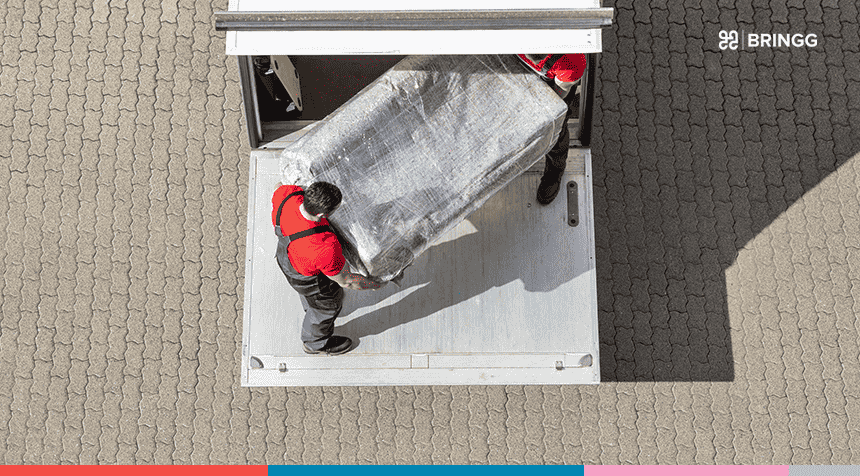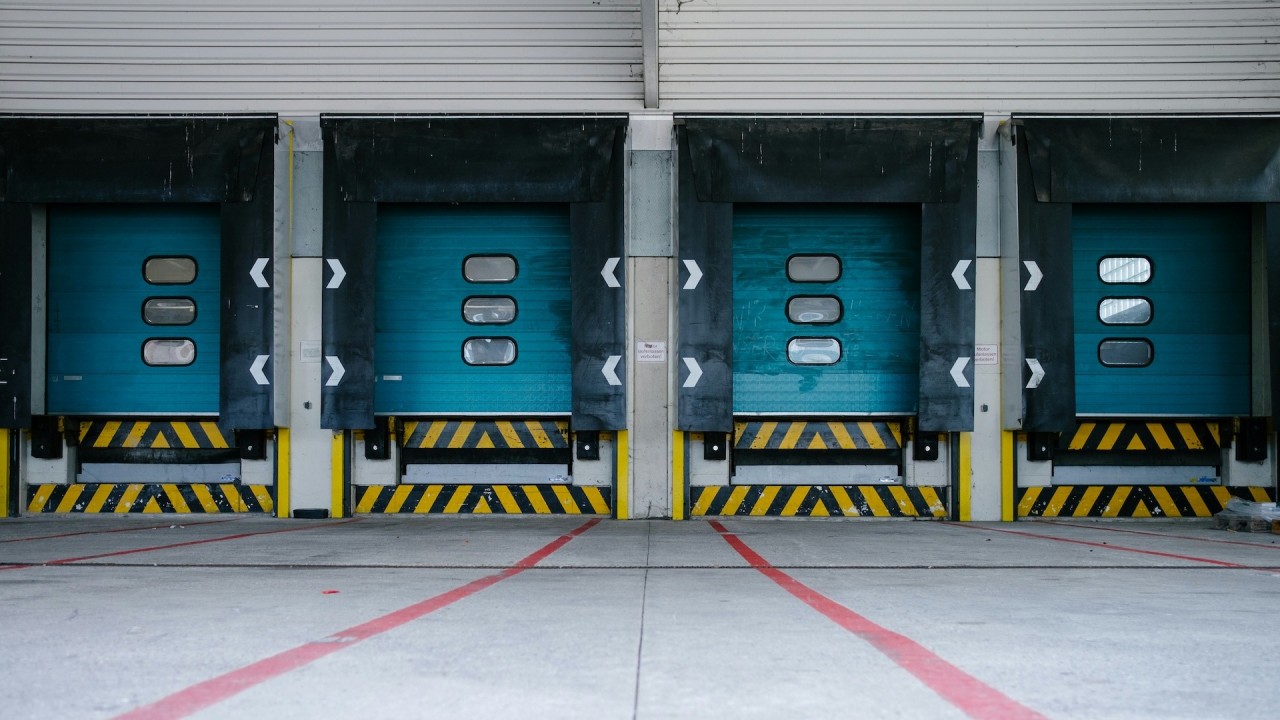A new report from eDelivery Expo shows that more than one in five customers (22%) will actively avoid courier companies with whom they’ve had a bad experience in the past. In fact, 17% of customers will check which courier company a retailer uses before making a purchase.
The study showed that poor delivery practices make many customers (18% of respondents) stop shopping with certain retailers. What’s more, word of mouth can seriously impact a retailer’s bottom line since nearly a third of unhappy customers will warn others to avoid specific retailers they’ve had delivery problems with. Parcel shipping requires care, yet the biggest annoyances for those surveyed include having the wrong package delivered, missed deliveries that were returned to a faraway depot, and damaged parcels.
While customer service has always been at the top of any retailer’s agenda, the additional challenge they have now is to build the right partnerships with the right delivery companies to ensure that their brand experience isn’t tarnished as a result of a poor last mile experience.
Read: Third Party Delivery Done Right – Why We Built a Delivery Network
Companies aren’t blind to these challenges, and they’re taking action in order to gain more control over every touchpoint across the supply chain. Direct to Consumer delivery is on the rise, with leading brands that once upon a time relied solely on partners to distribute their products now embracing it as a powerful distribution channel. D2C has the added benefit of allowing them to retain full control over the supply chain, and therefore also in full control of the overall brand experience. The process that products go through – often travelling thousands of miles and going through multiple intermediaries – has an impact not only on the profit margins, but also on the brand’s ability to connect and communicate with their customers.
But the reality is that most companies rely upon shipping and delivery partners to distribute their goods far and wide. Even those with an in-house fleet need to use delivery companies to reach all their customers, wherever they live and whenever they need their purchases. This is why finding the right partners, having full visibility over the supply chain from the first mile to the last, and owning your entire brand experience have never been more important.
Frequently Asked Questions:
Couriers are delivery professionals who transport packages from one location to the other, ultimately delivering it to the customer. Couriers work independently or are hired by companies. The majority of couriers work full time and often work extended hours on weekends and holidays.
To become a courier driver, you will need the following:
– Excellent time management skills
– A valid driver’s license
– Experience driving
– Knowledge of the area where you will work
– Excellent communication skills
– Ability to lift a certain amount
– Minimum High School Diploma or GED Certificate
– Customer service experience
– Good math skills
A courier service is offered by a professional or private firm. It facilitates the shipment of documents and parcels locally between individuals and businesses. Courier companies employ delivery executives to transport the documents and items on bike, foot, or vehicle. The goal is to provide fast and quick delivery of the item.
A courier company may offer different types of courier services such as on-demand delivery, standard delivery, overnight delivery, etc.
The average salary of a courier in the U.S. is $19.86 per hour. The average yearly salary is around $40,00 per year. The salary ranges from $26,000 to $53,000 per year. The location of the courier’s work and the company he or she works for, affects the salary amount.



